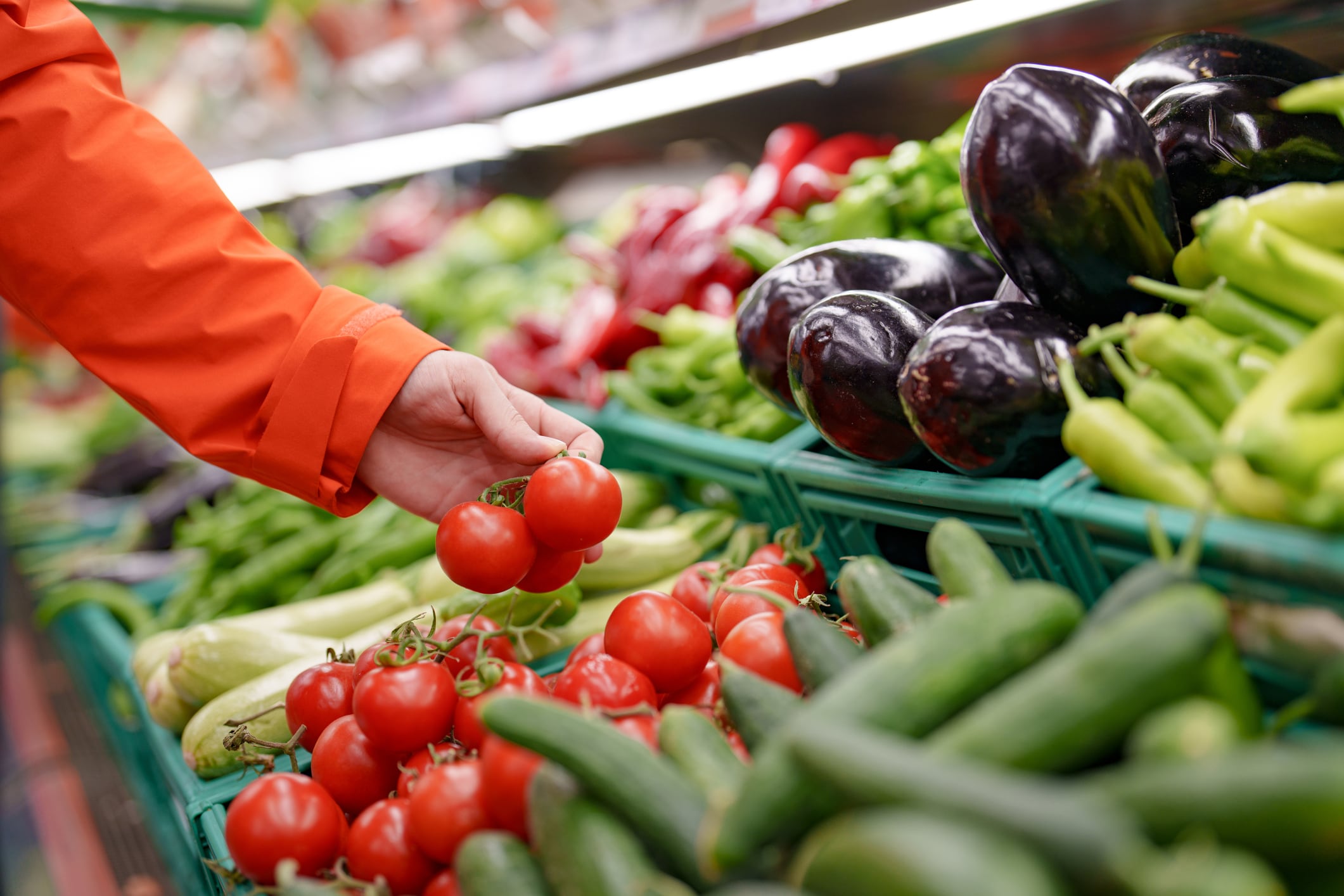Argentina-based venture capital company GLOCAL LatAm is focussed on early-stage companies across Latin America. Investing from pre-seed to Series A, its “sweet spot” are Seed rounds, says its managing director, Bernado Milesy.
Case in point is the company’s latest investment in Blooms, a US-based fintech company, which has just raised a total of $2.6 million in Seed funding. Blooms offers financial solutions tailored for the agriculture sector, specifically targeting Latin American produce exporters who supply markets in the US and Canada.
It aims to modernise the financial infrastructure for Latin American exporters, making trade more efficient, transparent, and resilient, particularly in the context of increasing US produce imports and evolving demands for digitisation in agriculture.
Blooms exemplifies GLOCAL LatAm’s strategy, it announced: “Fast-adoption, B2B tech models that integrate seamlessly into existing workflows and scale rapidly through digital infrastructure and remote support.”
It was also an early backer of start-up Puna Bio, which recently closed its Series A and is exciting investors thanks to its breakthrough biological technology.
The company hopes to make more investments into both the agrifintech and ag biologicals spaces, reveals Milesy, alongside climate tech and digital data management in agriculture.
It has so far managed two funds. The first was a $1 million accelerator. It then went on to raise a $10 million fund, typically investing $250,000 in the start-ups it believes are set to transform the agriculture and food sectors through technology and sustainability.
Another standout company in its portfolio is Kilimo, which uses big data and machine learning to help optimise water use in agriculture. “We were the first VC investor in Kilimo which nowadays is a lot of traction,” Milesy says.
GLOCAL LatAm is now raising a third fund of $50 million which it hopes to splash on promising start-ups across Mexico, Brazil, Columbia, Peru, Chile, Argentina, Uruguay and Central America.
Fundraising challenges
Raising money in the current climate is not easy, Milesy admits. The seasonality of ag makes it “more complicated to find growth as venture cap investors”, he says. “We know in this space that patience is very important,” he adds. “We are telling investors we expect to have a fund for 12 years because this sector needs more time.”
A particular challenge for Latam start-ups is finding series B, C investors, he notes, which is creating bottlenecks for exits, though he is confident for the future. “I think in the next 5-10 years we are going to have a lot of investors in this stage,” he predicts. “Nowadays it seems impossible, but it’s going to happen because we are in the middle of a process of the creation and the consolidation of the agtech space in Latin America because it’s a relevant space. We think we are going to reach some exits in the following 18 months.”
A rising tide lifts all boats
Partly in response to this sector consolidation, it has published a playbook to provide a clear, actionable framework for investing in agri-food yech in Latin America. This embraces open innovation and the idea that an improved investment landscape will benefit all participants.
“The playbook is key for us,” Milesy says. It’s designed help VC investors to understand how and what to do to invest in Latin America in the ag and food space to help venture capital returns. “We are telling all the ecosystem including our competitors to come with us and talk about the playbook because we want all of them to have success because we all need it,” Milesy explains.
In this vein, the company’s Game Changers acceleration programme, of which Blooms was a part, has now been running for five years to bring together corporations, start-ups, academia and funds with the ultimate goal of standing the Latin America’s agtech ecosystem in good stead. GLOCAL LatAm is also working to build bridges with other markets and partnerships with other VC funds and companies outside the region.
“At the end of the day, we need more exits,” Milesy reiterates. “So that’s why it’s important to help entrepreneurs find potential buyers or look for new ways of finding liquidity for investors of the funds and start-ups.”
Another feature of the company’s investment thesis is its follow-on strategy. More than 60% of the third fund is going to be located in follow ons so it can support existing portfolio companies with further funding as they grow.
It also stands out as the only agtech-focused VC B Corp in the region. This allows it to better integrate its principles of delivering ‘triple impact’ (economic, social and environmental) into its investment strategy, explains Milesy. “It’s a way of not doing greenwashing and showing we are on that path.”

Start-up advice?
The new fund hopes to invest in up to 27 start-ups. What’s his advice for founders seeking backing? “It’s adoption, not cash, that is king,” states Milesy, who says the company is laser-focussed on a start-up’s go-to market strategy. “The solution should be relevant, not a nice to have,” he adds. “It seems to be obvious but it’s not always. The way in which the start-up sells and explains the solution to the clients is also something we all need to improve. There should be a clear and relevant benefit for the end users.”
And in a market as highly fragmented as Latin America, understanding the importance of a product’s potential distribution network is also key. “This is not Silicon Valley or Software as a Service,” Milesy says. “You need the channel that in ag is relevant to gain trust of the farmers.”
Traction and sales are more important than profitability, he adds. “If you talk today with potential M&A buyers for the start-ups, they are going to say that they want to buy companies that are EBITDA positive. I believe that in the long-term it’s all about revenues and to be efficient with the capital you use. If you find a company with 10 million dollars in revenue and they are not in break even but they are efficient in terms of cost, I am convinced that the buyers are going to appear.”





